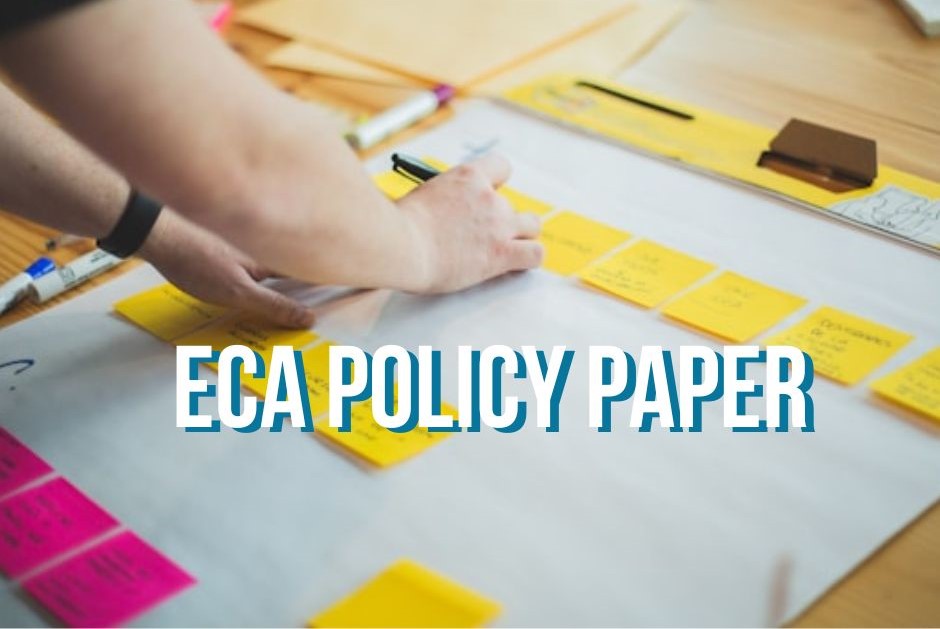The future of the European Union depends on an informed, engaged, and united citizenry. The European Citizenship Academy (ECA) project calls for a stronger commitment to Education to Europe (E2E) — a comprehensive approach that integrates EU education into both formal and non-formal learning environments. Over two years, ECA project partners from across Europe gathered insights, tested innovative tools, and developed recommendations to make learning about the EU accessible, engaging, and action-oriented. The resulting Policy Paper highlights the urgent need to strengthen European citizenship education as a foundation for democracy, cohesion, and sustainability.
Why Education to Europe matters:
-
It empowers young people to understand EU institutions, make informed choices, and actively participate in democratic life.
-
It fosters a sense of shared European identity, mutual understanding, and social solidarity.
-
It equips youth with global awareness, transversal skills, and employability for a rapidly changing world.
The paper identifies key challenges — from misinformation and low trust to limited educational resources — and showcases good practices using games, digital tools, and experiential learning to bring the EU closer to young people.
The call to action is clear:
Policymakers, educators, and youth organisations must work together to embed European citizenship education into all learning pathways. This means investing in teacher training, fostering mobility and exchanges, and supporting non-formal education as a bridge to inclusion and participation.
“Education to Europe is not an optional subject — it is a strategic investment in the resilience, democracy, and unity of our continent.”
Read the full Policy Paper and explore resources on the project website: www.myeurope.academy


Recent Comments